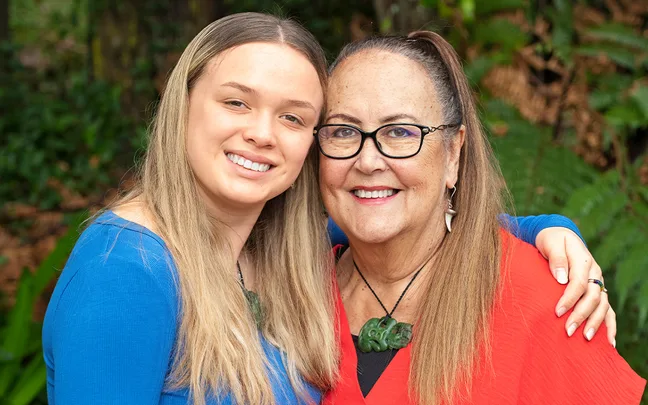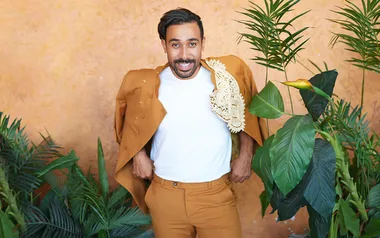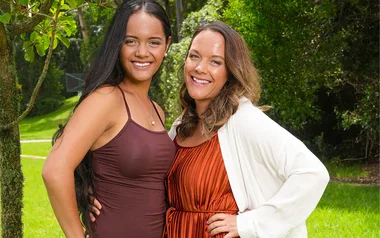Blonde hair and fair skin made it hard for Waiata Anthems singer Nikau Grace to connect with her Māori heritage. Growing up with comments like, “You’re not Māori”, and being told by other school children to take off the taonga (treasure) she wore around her neck, Nikau, 15, started questioning her identity as Ngāti Tūwharetoa, Te Whānau-ā-Apanui and Te Arawa.
“When you’re a young kid, you don’t really think about things like that, but the comments began when I hit intermediate school and I did find it hard to deal with,” admits Nikau. “It wasn’t until starting high school that I became more assertive and started telling people, ‘No, I am Māori.'”
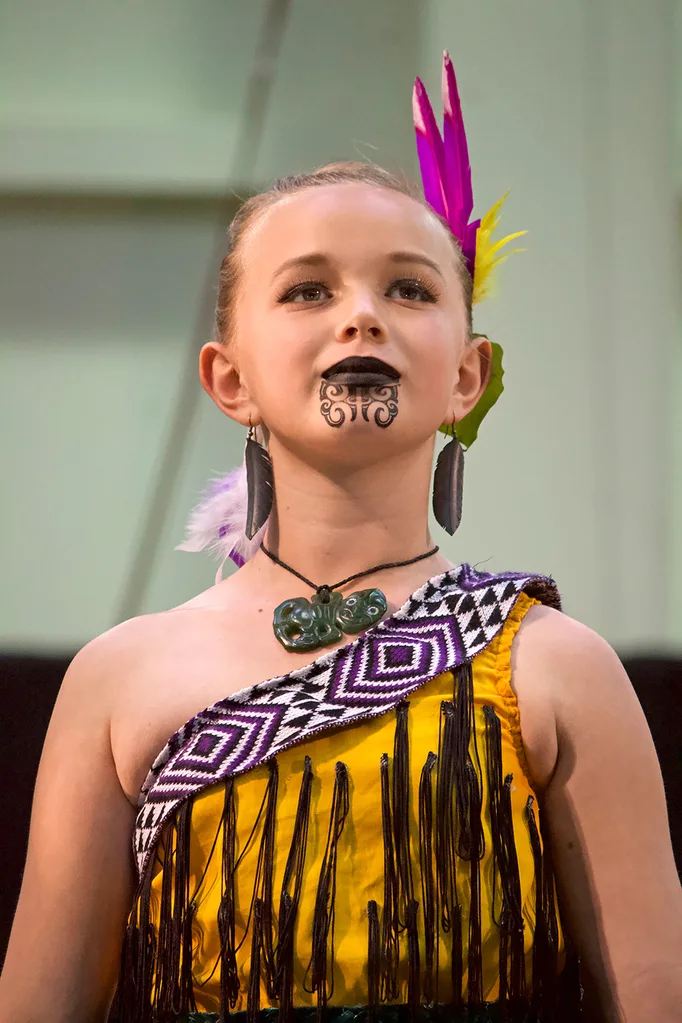
The taonga she was once told to take off is pictured on the album cover of Nikau’s latest song Tōku Tuakiri, a bilingual waiata that translates to “My Identity” and features in the series Waiata Anthems.
Her nana, Māori artist June Northcroft Grant, 73, says of her granddaughter, “This one has been on stage and performing right from when she was little. She had this shock of blonde hair and would get up on stage, and because she was a bit scared, her hand used to shake and it would look like a wiri. I would always say, ‘That’s your ancestors coming through!'”
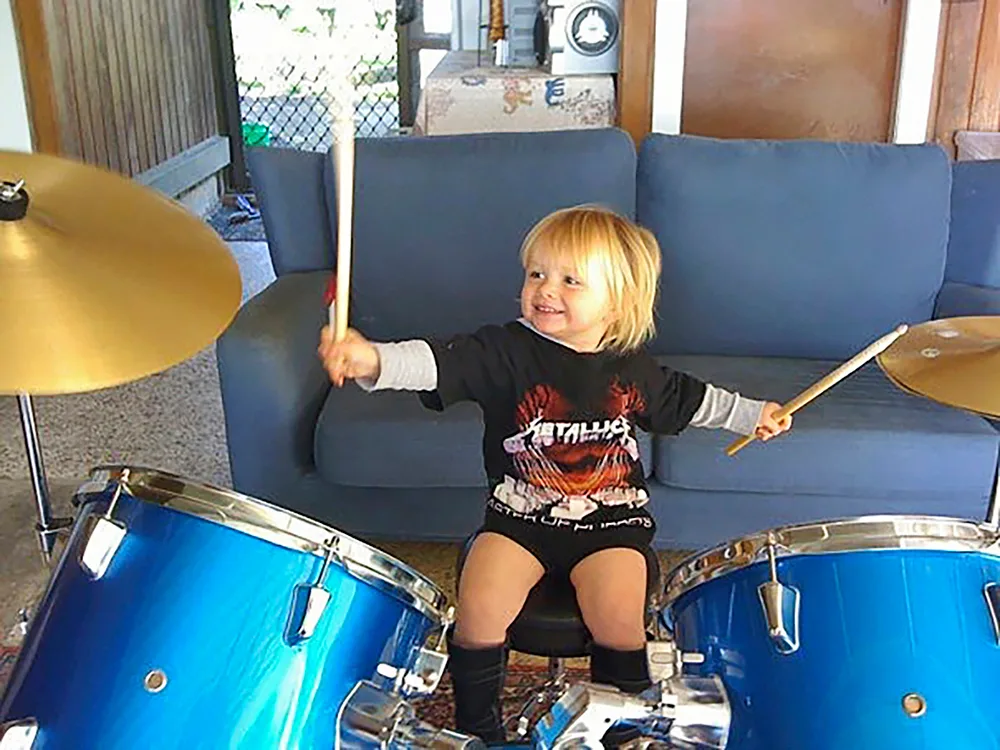
Nikau has always had a strong connection to her maternal grandmother, who is of Ngāti Tūhourangi, Ngāti Wahiao and Ngāti Tūwharetoa descent. Both were raised in English-speaking households and longed to know more about their Māori heritage.
Says June, who has 13 grandchildren and four great-grandchildren, “I grew up with a Pākehā mother and a Māori father who didn’t speak Māori to us. I really resent the loss of my ability to speak Māori when I could have. It’s been a lifelong learning thing, but I’m more determined now to capture all of that.”
When asked if she’s fluent in Māori now, she replies, “Absolutely not!”
“We’ll get there, though!” grins Nikau, adding the most beautiful part about studying te reo with her nan is not only learning the language, but also the stories, philosophies and values of the culture.
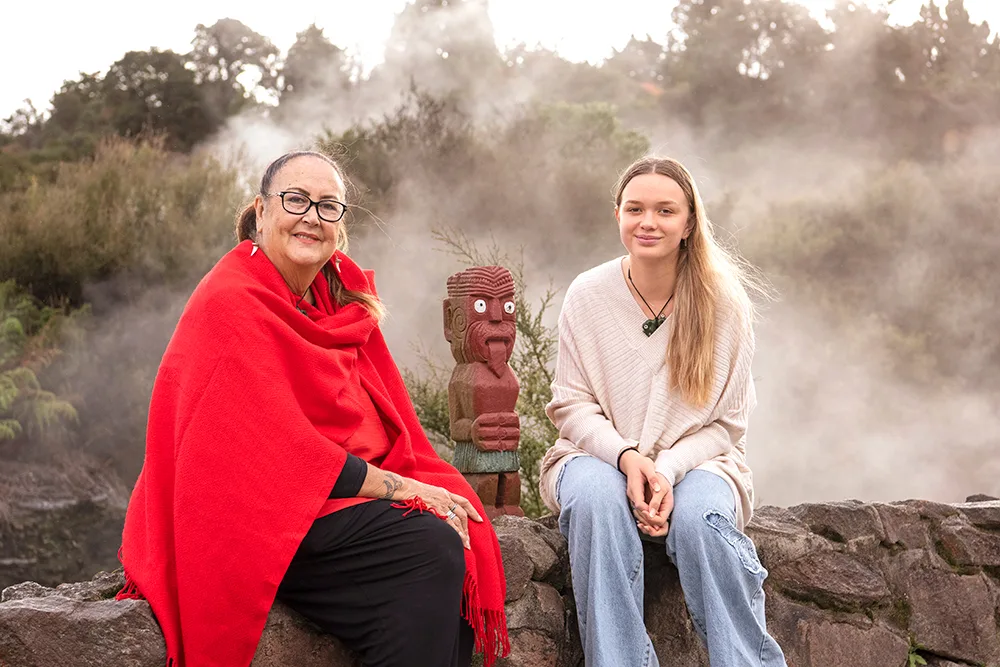
June adds, “It’s a big learning process and it’s something we’re both striving towards, which makes it sweeter because we’re capturing the thing we really want together.”
While she’s quick to rave about Nikau’s incredible voice and songwriting skills – “She’s got a real gift, her songs still make me cry!” – June is humble when it comes to talking about her own artistic talents.
“Nikau has a beautiful singing voice and I didn’t have that, but I could draw,” says June, most famed for her large, detailed paintings of Māori women. “So right from when I was very little, I would paint and draw, and I’ve spent a great deal of my life doing just that.”
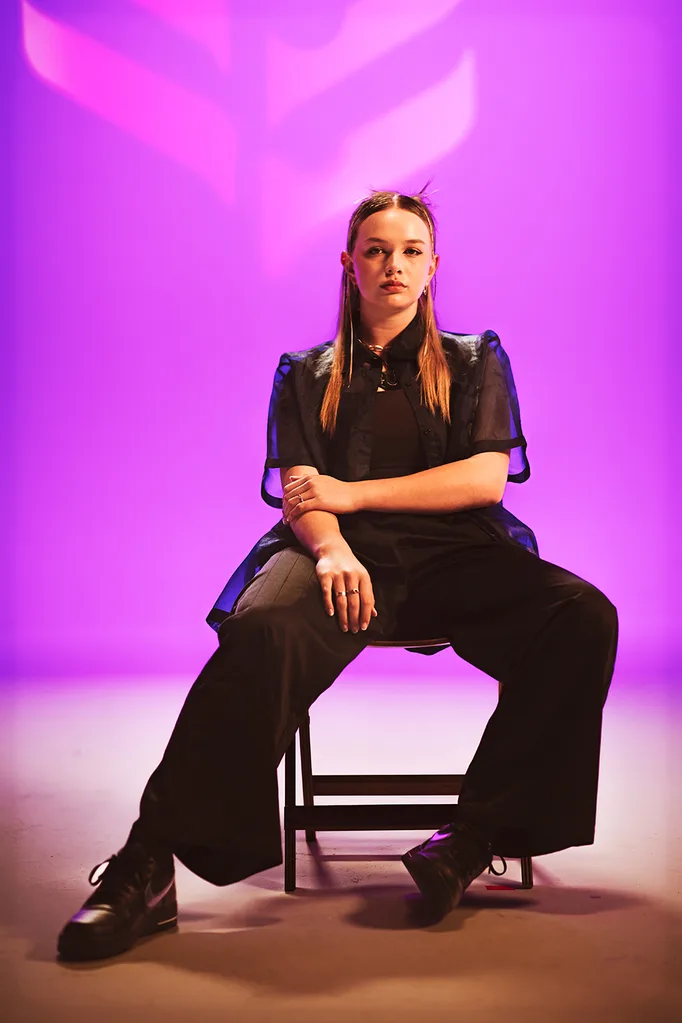
One to watch: Nikau appears in Waiata Anthems and has a new single.
Following a breast cancer diagnosis in 2002, June began working on her “legacy paintings”, a series of 13 portraits depicting women who each represent a different philosophy and meaning.
She says the paintings “absolutely helped me through that time. It was a form of meditation and leaving a legacy behind. I was thinking, ‘If this kills me, then my kids will know this is what Nana endured,’ and I painted my way through that.”
Now cancer-free and looking back on her journey as “just a very small part of my life”, June works for the Aratika Cancer Trust, which offers wellness retreats for survivors.
“When you’ve had a diagnosis and completed chemo and radiation, and are back out in the community because you’re well and don’t have cancer any more, it’s a lot to get your head around,” reflects
June, who in 2010 was made a member of the New Zealand Order of Merit for her services to Māori art and for breast cancer awareness. “We help people cope with all the bad dreams you have after thinking you’re going to die.”
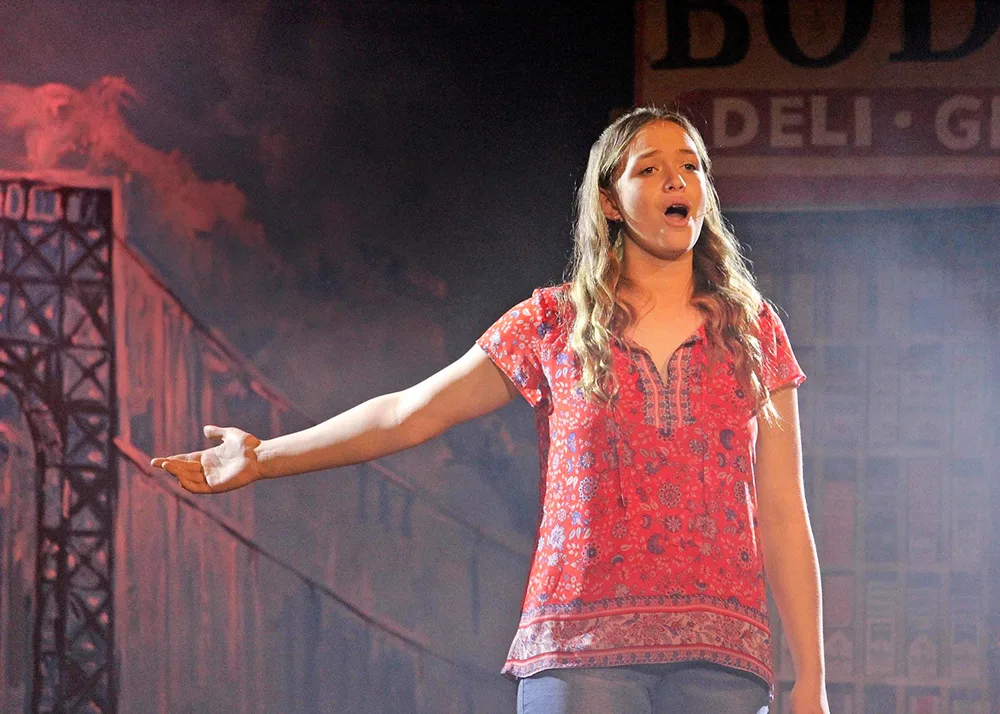
From the drums and kapa haka to singing her own songs, Nikau was a born performer.
“Nan’s amazing because she just does so much for the cancer community,” Nikau beams. “She’s already been to two breakfasts this morning giving talks. And it’s not one of those ‘This is what happens’ kind of talks. She just has a conversation with you.
“I’m really lucky to have my nana with me, who teaches me everything about my whakapapa [genealogy] and Māoritanga [culture]. We’re like the same person but also complete opposites.”
June laughs, “Yeah, because you can’t paint and I can’t sing!”
Watch Nikau’s documentary at waiataanthems.co.nz
